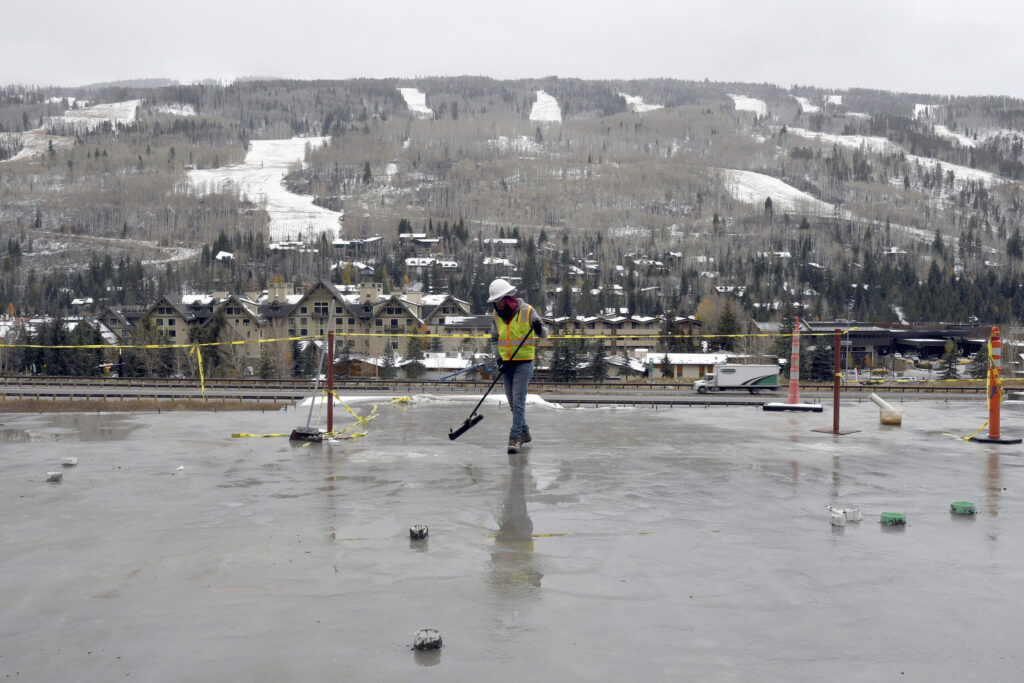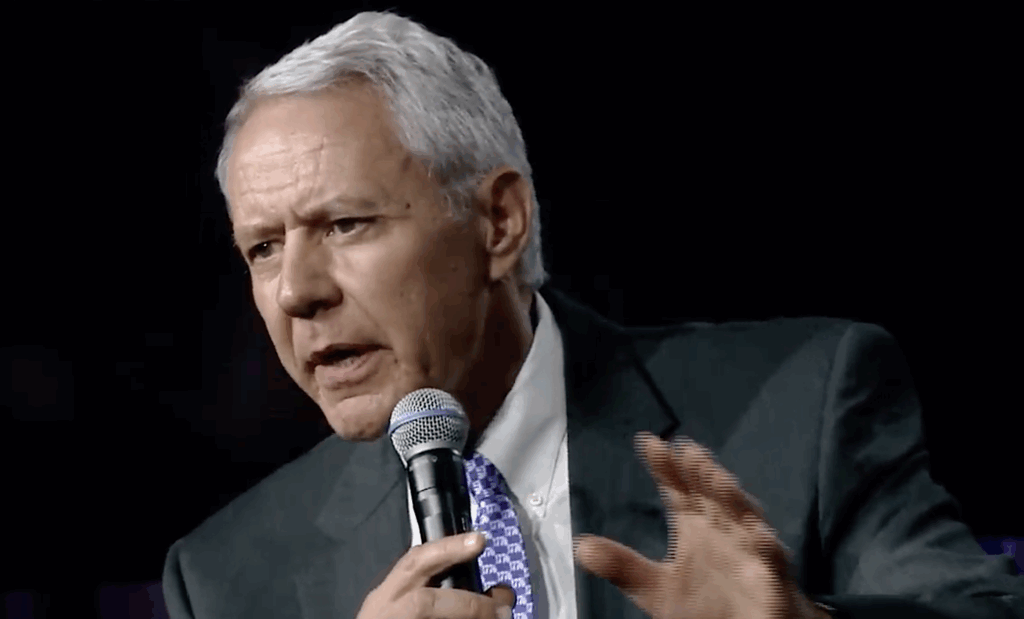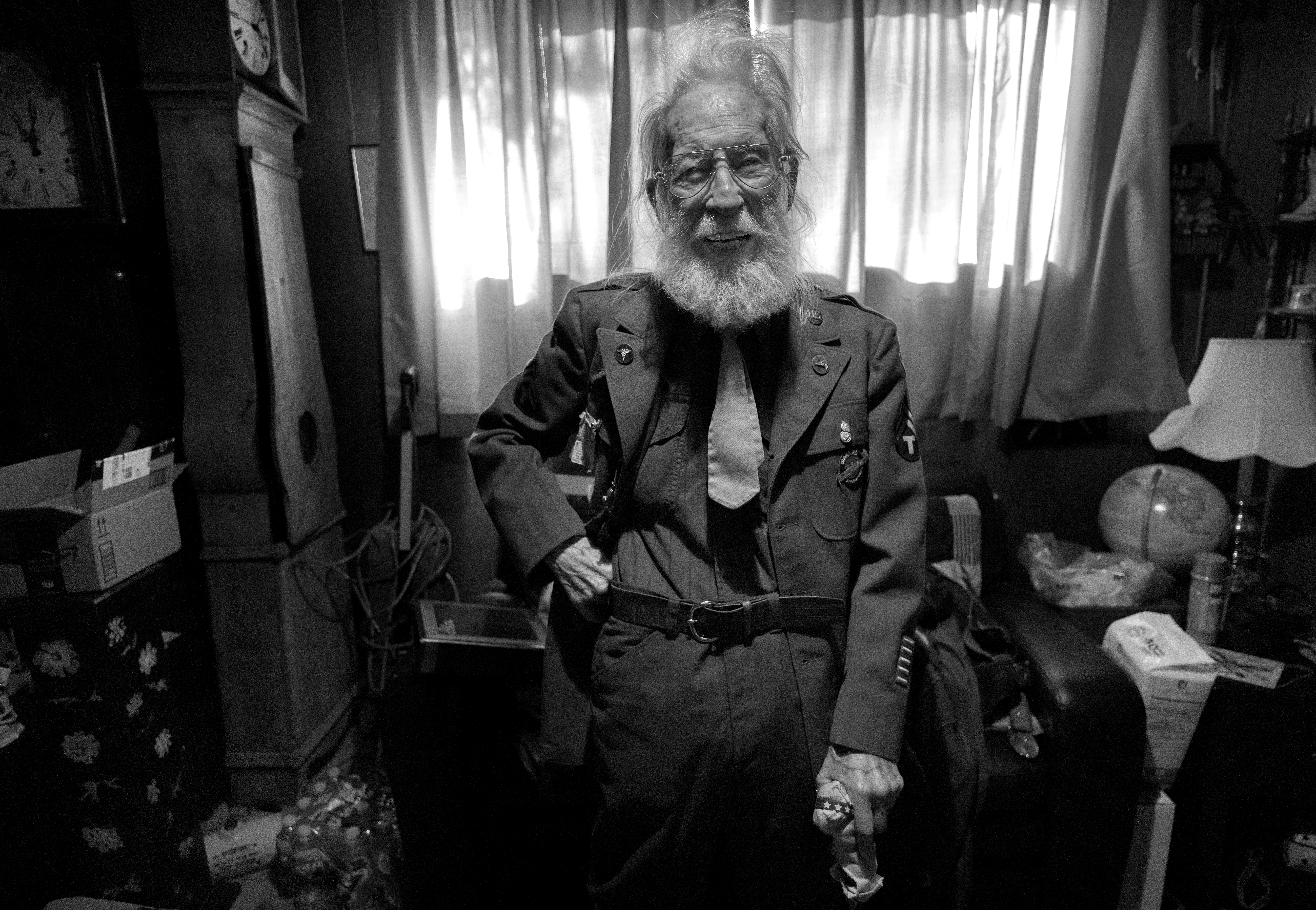Colorado ER physician group says it no longer wants COVID crisis measures
The sustained decline in Colorado’s COVID-19 wave has prompted a group of physicians to back off a request that Gov. Jared Polis enact crisis protocols for hospitals and emergency rooms, the head of the group confirmed Monday.
The Colorado chapter of the American College of Emergency Physicians issued a statement Sunday night, reversing its request. A week before, it had asked Polis to institute the crisis standards of care, which would extend liability protections and a uniform approach to hospitals choosing who should be admitted and who could safely be sent home. Polis had declined to do so, citing dropping COVID-19 case numbers, which spiked through the first half of January but have dipped since.
Ramnik Dhaliwal, the head of the emergency physicians group that had reiterated the request for the standards on Friday, said Monday that his organization had seen enough data to feel comfortable walking back the ask.
“Everything is dynamic when it comes to COVID. It can be a day-to-day thing,” he said. “Where it was last week, we hadn’t seen enough days of data to see a continued plateau or a decrease.”
ER physician leader: Omicron peaking doesn’t change crisis; Polis comments ‘shocking’
He called the last few days “much more reassuring.” Providers like Dhaliwal had warned throughout the omicron wave that the variant’s high transmissibility meant more and more health care workers were getting infected, further thinning ranks already depleted by burnout.
Eric France, Colorado’s chief medical officer, said last week that hospitals were reporting fewer quarantined providers than in the earlier periods of the omicron surge, which began in mid-December. The downturn in cases also likely means fewer patients will turn up at emergency rooms for COVID-19 testing: Though ERs are not testing sites, long lines elsewhere had prompted the public to turn up there instead.
While the emergency physicians were calling for an official activation of the crisis standards, some hospital systems – including UCHealth – were already using their own version of the emergency protocols to ease the burden on their hospitals.
“We were pushing this because we were concerned that if this wasn’t going to hold, what would that mean in terms of patient care?” Dhaliwal said of the crisis standards. “Now that we’ve seen (the wave) plateau, we felt the benefit of it is not as much there.”
Dhaliwal’s group met with state representatives last week, a meeting that physicians affiliated with the group said was promising. Though Dhaliwal was critical of Polis’ comments about the broader pandemic last week, the emergency physicians group wrote in its statement Sunday that it wished “to publicly thank the administration for meeting with us to discuss our concerns and recommendations so we can ensure the continued availability of quality and timely emergency care to anyone in Colorado.”
Dhaliwal said the improvement of COVID-19 metrics didn’t change the staffing crisis facing hospitals more generally. Shortages predated the pandemic, but they’ve been exacerbated by burnout among providers who’ve worked nonstop, in increasingly hostile and exhausting conditions, through a public health crisis for nearly two years.
The state has spent millions since November alone to bring in reinforcement providers, which brings both relief to existing workers and opens up bed space closed by their departed peers. But bringing temporary “travelers” isn’t a permanent solution, providers have said.
The long-term answer is the “million-dollar question,” Dhaliwal said, that will have to involve better recruitment and retainment for nurses and other providers.
For now, he hoped – as others in public health do – that omicron’s receding wave will bring some period of less turbulent waters to providers here.
“I want to make clear that us stepping back from precipice of (the crisis standards of care) doesn’t mean that the ship has been righted,” Dhaliwal said. “It just means (that for) now, we are in an OK place, right? We still are dealing with the same problems we discussed over the last two, three, four weeks, a year. I don’t think that’s going to be going away in the next few days. This is something we have to continue to deal with as a society and as a health care system.”













